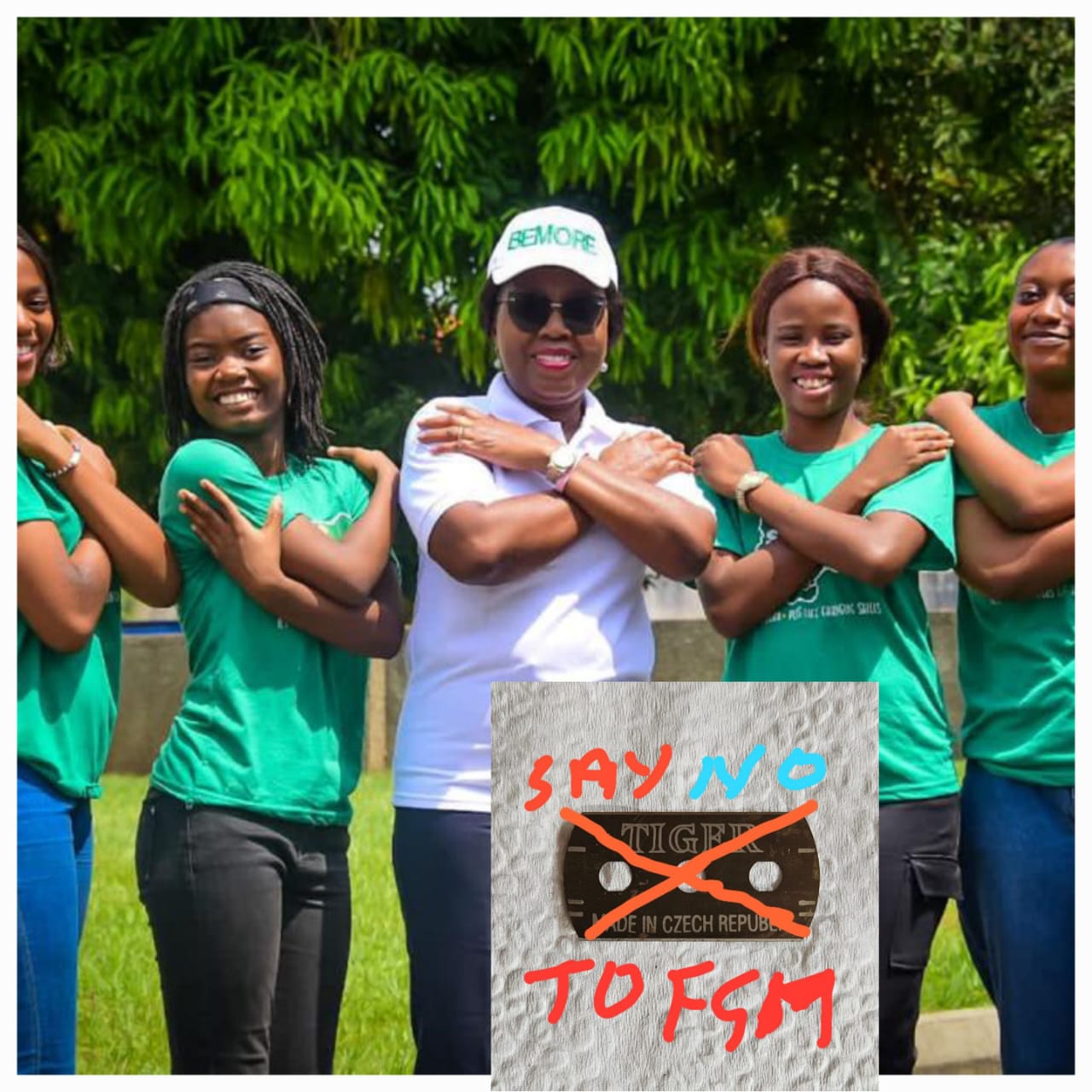In a powerful statement shared during the International Day of Zero Tolerance for Female Genital Mutilation on February 6, former Ondo First Lady Betty Anyanwu-Akeredolu emphasized the urgent need for collective action to eliminate the harmful practice of female genital mutilation (FGM) in Nigeria. Her remarks echo the clarion call made by UN Secretary-General Antonio Guterres, who urged global efforts to end FGM by 2030.
Anyanwu-Akeredolu acknowledged the significance of Guterres’s call but pointed out the challenges Nigeria faces in achieving this goal. “While it’s laudable, I submit that it is a tall order for Nigeria, given that any behavior or practice rooted in archaic culture takes time to change,” she stated. She advocated for sustained public sensitization and grassroots engagement rather than a “fire brigade approach,” which has often characterized past efforts in the country.
“Female genital mutilation comprises all procedures that involve cutting the female genitalia for non-medical reasons and is recognized internationally as a violation of the human rights, the health, and the integrity of girls and women,” she added, highlighting the critical nature of the issue.
With nearly 20 million survivors, Nigeria accounts for the third-highest number of women and girls who have undergone FGM worldwide, according to UNICEF. In response to the ongoing prevalence of FGM, UNICEF has initiated a movement in five states where the practice is most common: Ebonyi, Ekiti, Imo, Osun, and Oyo. This movement aims to mobilize affected communities for concrete action at the household level to protect girls at risk of FGM. It also seeks to challenge misconceptions surrounding the practice and debunk the harmful belief that uncircumcised women are more likely to be promiscuous.
Anyanwu-Akeredolu concluded her statement with a call for collaboration: “Let’s join forces to make genital mutilation history and ensure a brighter, healthier, and more just future for all women and girls everywhere.”
As Nigeria grapples with this critical issue, the commitment to ending FGM by 2030 requires a collective effort from government, civil society, and communities to foster a culture of respect for the rights and health of women and girls.






Leave a Reply